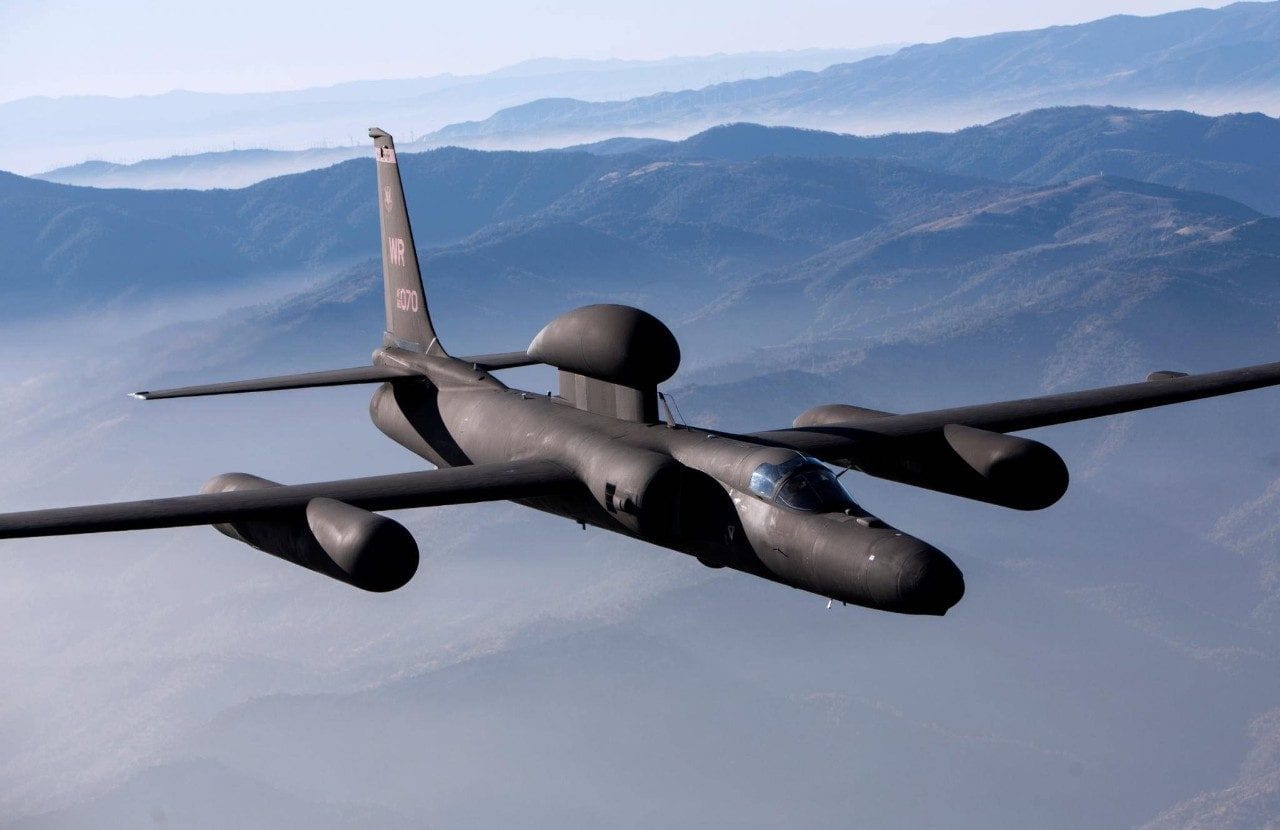
The Air Force fiscal 2021 budget request includes $120 million for the Lockheed Martin [LMT] U-2 reconnaissance aircraft, including about $48 million for the “high altitude, deep look” Advanced Synthetic Aperture Radar System-2B (ASARS-2B), $62 million for other upgrades, and nearly $10 million in overseas contingency operations funding. Raytheon [RTN] builds ASARS-2B.
The $120 million Air Force request is $62 million more than appropriated last year, when ASARS-2B funds were not included.
The ASARS-2B program “replaces the front end components of the [Raytheon] ASARS-2A airborne radar to alleviate reduction in current ASARS-2A capability starting in FY ’21 [fiscal 2021] due to significant diminishing manufacturing sources and material shortages (DMSMS) issues,” according to the Air Force fiscal 2021 budget request.
“ASARS-2B fixes these front end DMSMS issues while advancing the AF high altitude long range ISR radar capabilities,” the request said. “ASARS-2B incorporates a new Active Electronically Scanned Array (AESA) antenna, Power Conditioning Unit (PCU), and Liquid Cooling System (LCS) while replacing the existing ASARS-2A Receiver Exciter Controller (REC) and radar data processing software on the Onboard Processor (OBP). The front-end (AESA, PCU, and LCS) together with the replaced/modified components (REC and OBP) significantly improve existing Synthetic Aperture Radar (SAR) and Ground Moving Target Indicator (GMTI) capabilities while adding new maritime capabilities. These efforts will align with back end up grades, previously referred to as ASARS-2C.”
The Air Force said that it expects to award an ASARS-2B production contract by October next year and that the initial operational capability of ASARS-2B will come by fiscal 2023.
The ASARS-2B radar includes an open systems architecture and the radar’s range is nearly double that of the previous ASARS-2A radar, Raytheon has said. ASARS-2B is to complement the Collins Aerospace [UTX] Senior Year Electro-Optical Reconnaissance System (SYERS) multispectral imaging sensor.
On Feb. 18, Lockheed Martin and Collins Aerospace said that they had recently completed flight testing and deployment of the 10-band, high spatial resolution SYERS-2C.
“Developed with open mission systems standards to enable command, control and data exchange with 5th generation platforms, the sensor has become a critical asset to theater commanders bringing unique advantages to joint operations across the battlespace,” the companies said.